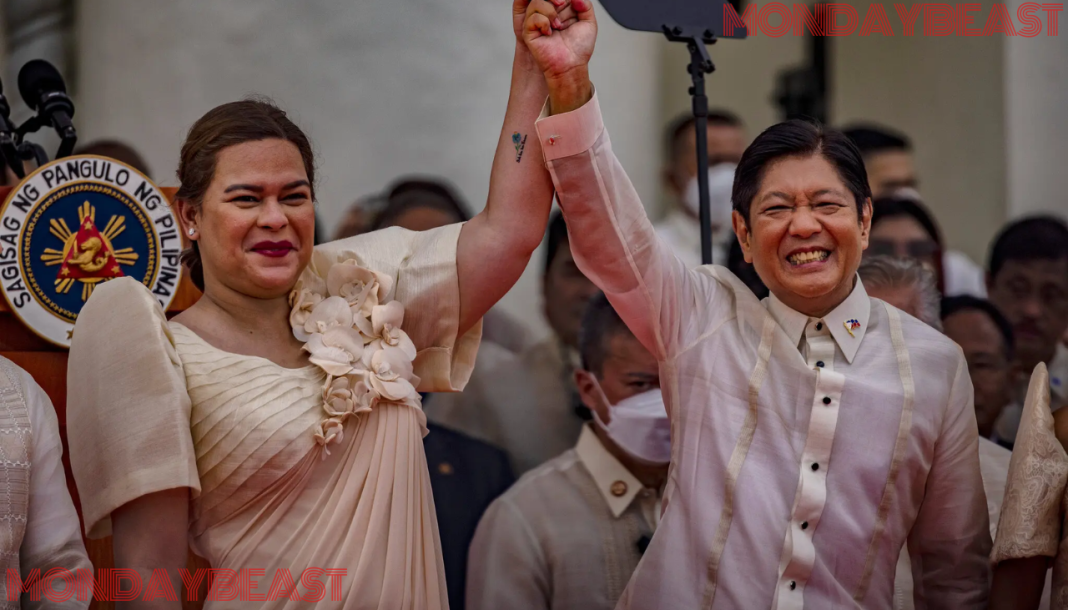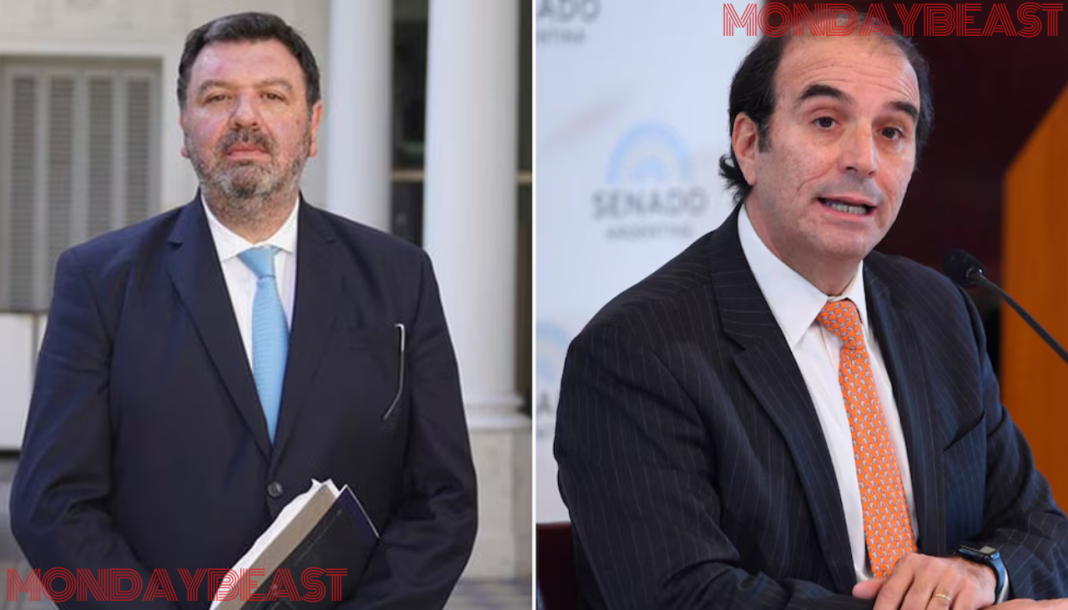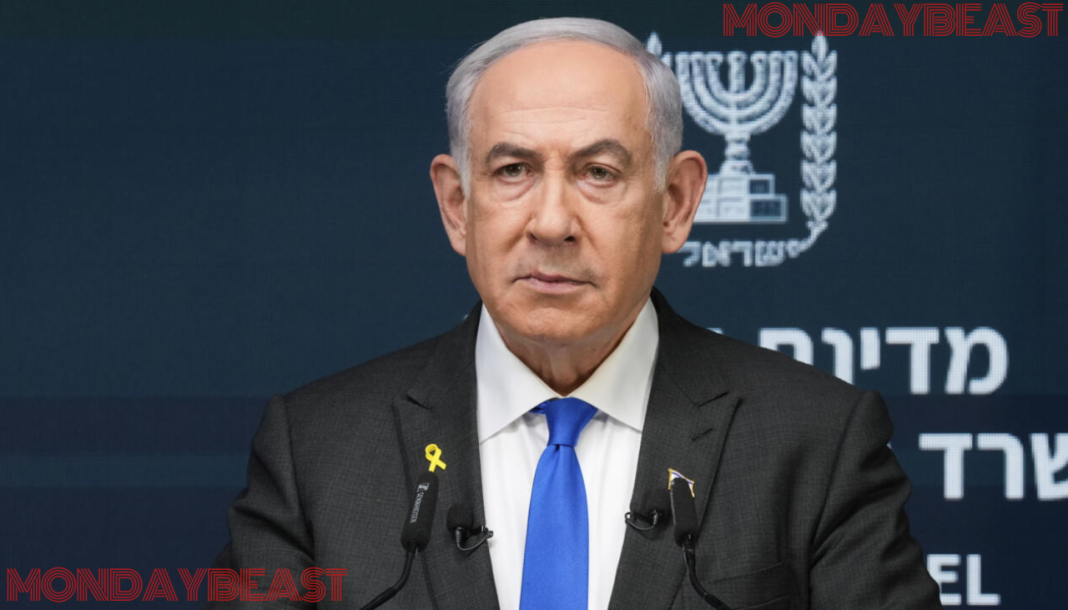Rising Tensions in Philippine Politics
The political landscape in the Philippines is shifting dramatically. Recent events have seen Vice President Sara Duterte allege she arranged an assassination plot against President Ferdinand Marcos Jr. How did we get to this point? The once-strong alliance between two powerful political families appears to be crumbling.
In a striking video address, President Marcos expressed grave concern about threats to his life. He hinted at reckless comments and threats swirling around him. “If it is so easy to threaten the life of a president, how much more for ordinary citizens?” he questioned. Such remarks prompt alarm. The safety and stability of citizens lie at the heart of a functioning democracy.
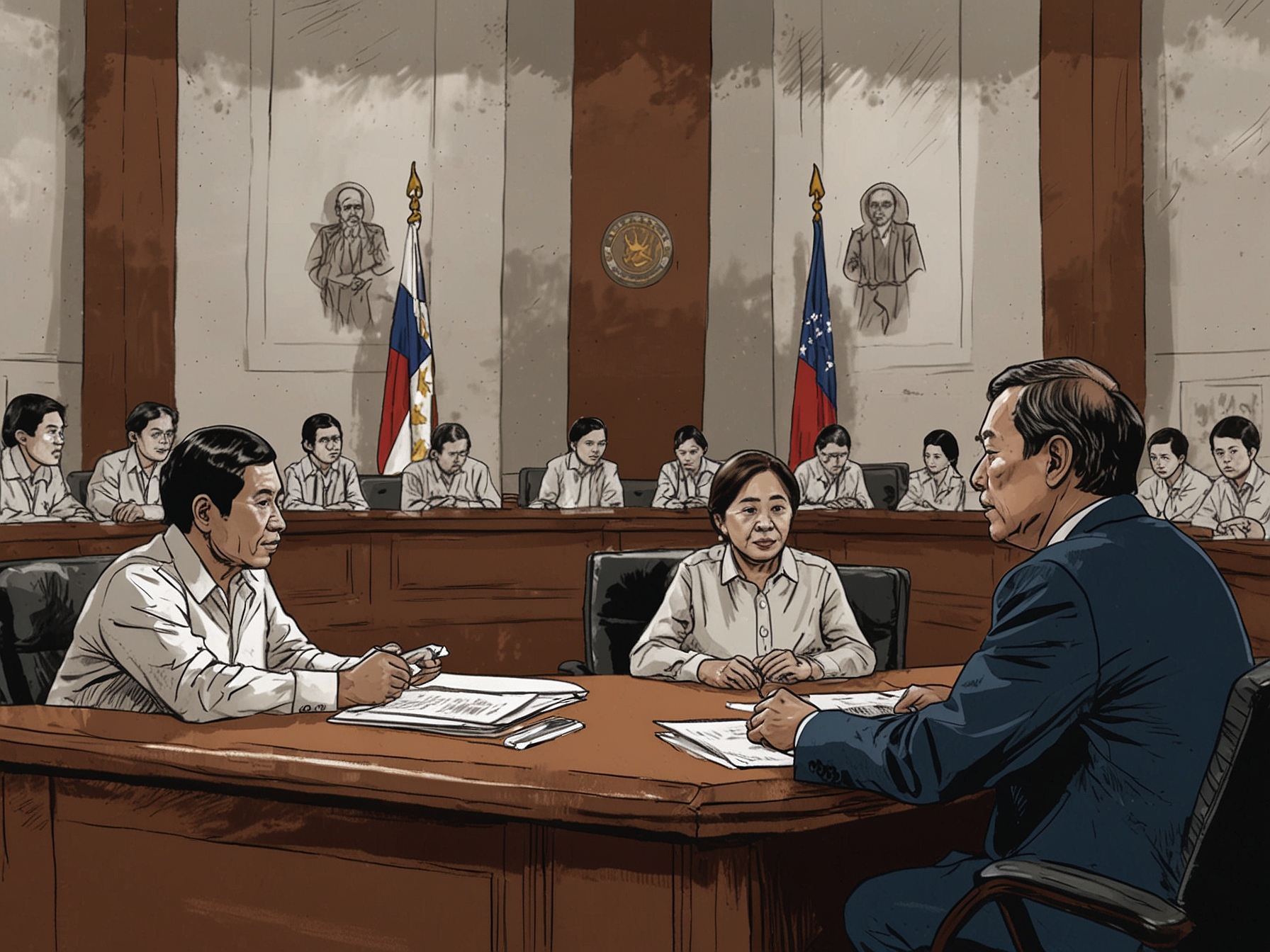
Tensions escalated further when Duterte proposed that her life arrangements would lead to the assassination of Marcos and others if she were killed. This shocking admission turned heads across the nation. The public reactions spanned disbelief, fear, and frantic discussions about the future of governance in the country.
The Fallout of Duterte’s Remarks
After Vice President Duterte’s startling claims, her words were put under a microscope. Critics quickly pointed out the danger such threats pose to national security. One can’t help but wonder how far political rivalry can go. Will this spiral into violence, or is it mere bluster?
The Department of Justice confirmed it would investigate Duterte’s comments. Investigators will assess the implications of such dangerous claims. Is this the norm in the current political climate? Jesse Andres, undersecretary for the Justice Department, announced, “The premeditated plot to assassinate the president will now face legal consequences.”
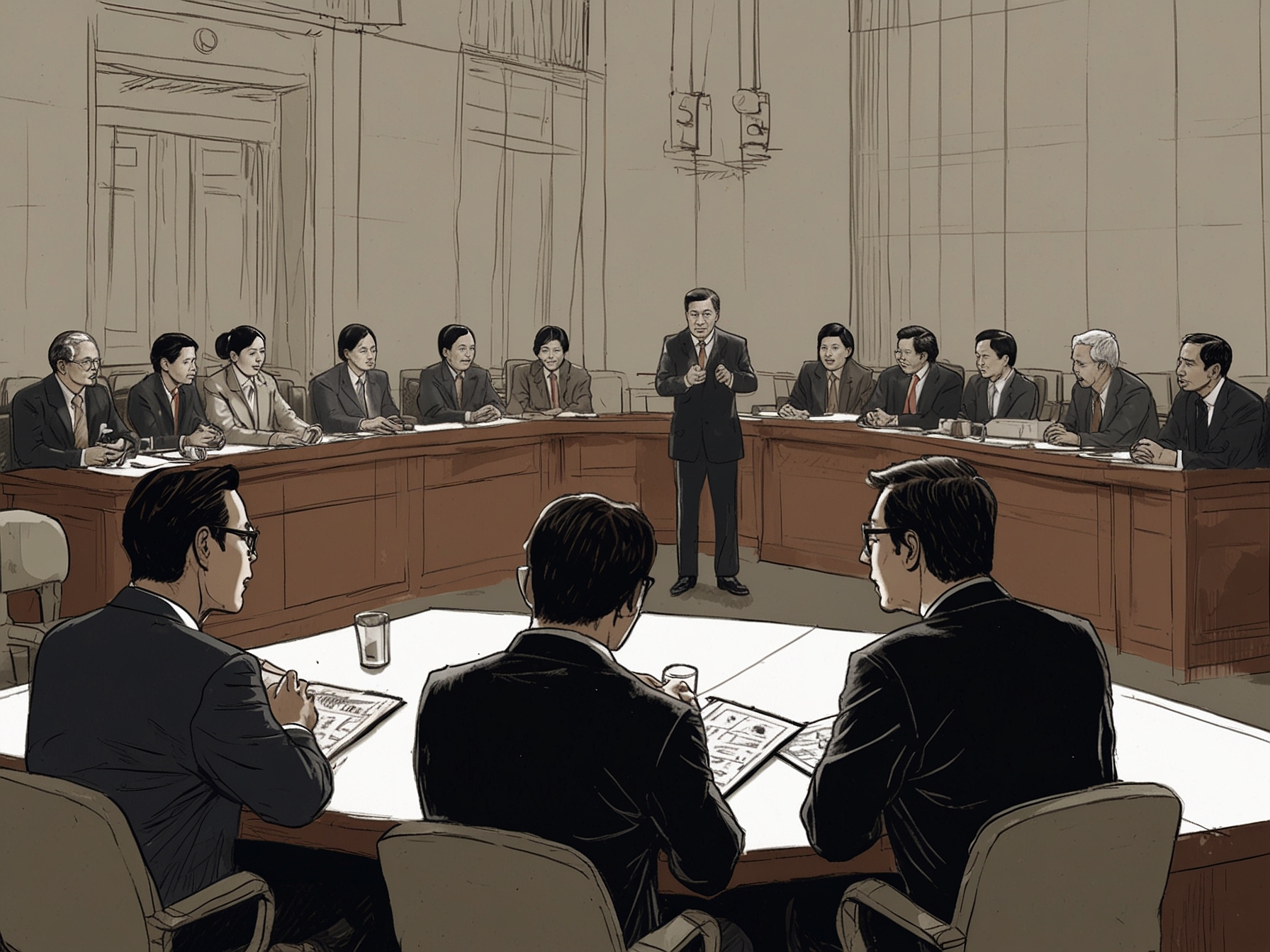
Meanwhile, Marcos has tightened his security. The armed forces stood alert. High-ranking officials are examining the validity of the threat. Their commitment to the Constitution reminds soldiers of their duty. It raises a question: How can the military remain neutral when threats are so public?
Historical Context Matters
The history between the Marcoses and the Dutertes plays a critical role in this drama. When they initially took office, a pledge of unity was made. However, it now seems this was little more than a facade. The once-promising partnership has wilted under the spotlight of political ambition.
Sara Duterte’s father, Rodrigo Duterte, once served as president. That connection added weight to their alliance. But the threads of loyalty appear frayed. After all, infighting among political leaders isn’t new in the Philippines. The history of political turmoil resonates deeply with its citizens.
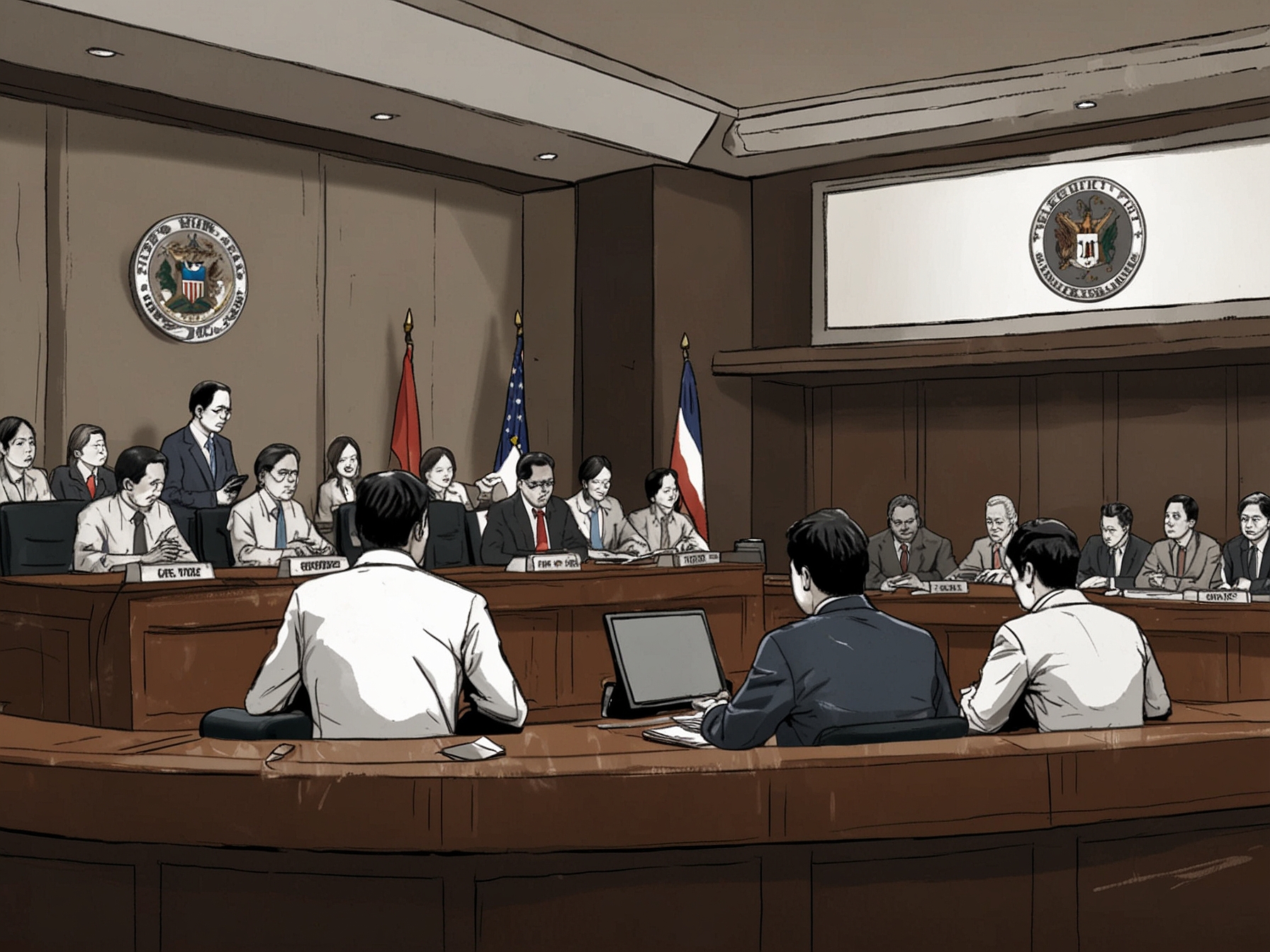
There is an undeniable sense of foreboding. If the leadership does indeed fall apart, what might the ramifications be? Citizens might face fresh uncertainties. Would it lead to a power void, or an even more chaotic struggle for control?
Personal Insights on the Current Crisis
From a personal perspective, these political threats hit hard. They have ramifications beyond leaders. Families across the nation feel the strain. What does political unrest mean for the average Filipino who desires stability and safety?
When political figures launch threats, it opens dialogues about morality and ethics. How do leaders balance ambition with responsibility? Shall we hold them accountable when such threats arise? It’s a responsibility we owe to ourselves and to future generations.
The fallout from Duterte’s comments leaves many longing for peace. People seek assurance that their safety isn’t just a mere political pawn. The response from Marcos and his administration will determine the public’s trust moving forward.
Moving Forward Amidst Uncertainty
As the Philippines braves this political storm, observers across the globe watch intently. The outcomes of these tensions will ripple beyond national borders. What happens next could set a precedent for how political leaders navigate threats in the future.
In summary, this ordeal highlights the fragile nature of political alliances. All eyes are on the Philippines as they navigate this turbulent chapter. The call for unity remains strong, but with threats so deliberate, can stability ever truly be restored?

